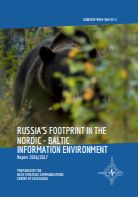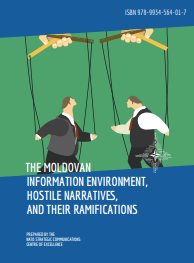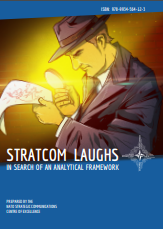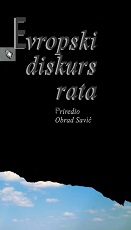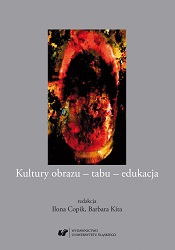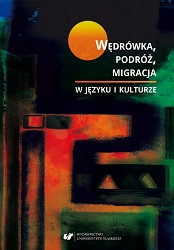Author(s): Anna Maj / Language(s): Polish
Publication Year: 0
The paper aims at tackling the problem which manifests itself intensely in new media art, interactive art, and bioart in particular; precisely, as artists challenge various barriers and limits affecting social, spiritual, and bodily life of the contemporary human being, the recipient‑interactor, paradoxically, tends to long for taboo, sacrum, and beauty. Consequently, diverse strategies and activities undertaken by the cultural institutions – on the example of Ars Electronica festival in Linz – are analysed. Following this, the paper poses a hypothesis that what is in fact tabooed is the role of the organisation introducing new media trends and holding events concerning them; Ars Electronica is not only an institution oriented at research, and cultural and artistic practices, but also one which serves educational, entertaining, and business purposes. In fact, it is a gatekeeper transmitting messages, a stimulant to investigations and artistic activities, and a trendsetter cultivating pro‑technological attitudes and mass fashions, such as: participating in social media, cyberactivism, accepting technological extensions of the body and genetic modifications. The paper ponders upon the possibility of applying the agenda‑setting theory to the institutions which operate on the intersection of art, science, education, industry, and promotion of new technologies. The analysis proposed – concerning cultural taboo – is also broadly related to the issues of the anthropological perspective and understanding taboos in oral cultures, since it is a taboo which provides a significant context for contemporary cyberculture; a taboo, after all, is perceived as secondary orality, to use Walter J. Ong’s term.
More...


